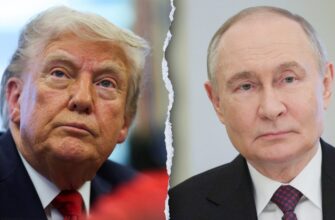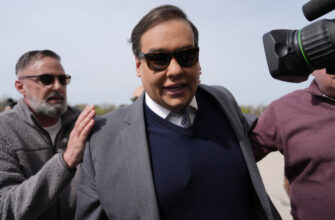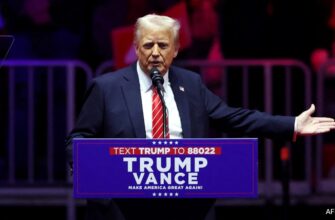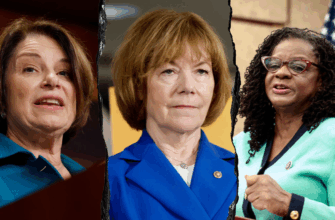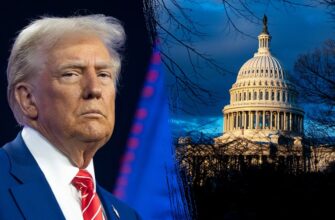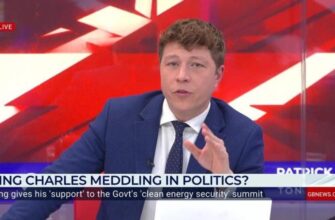Federal authorities are poised to significantly alter protocols concerning journalists’ protection, reversing a policy established under former Attorney General Merrick Garland that previously shielded news organizations and their sources from compelled testimony and record production during criminal investigations.
Former Florida Attorney General Pam Bondi, in an internal memorandum, declared the existing safeguards were being exploited. She argued that intentional disclosures of sensitive data to media outlets by federal personnel compromise national security efforts.
“This conduct is illegal and wrong, and it must stop,” Bondi stated in the memo. “Therefore, I have concluded that it is necessary to rescind Merrick Garland’s policies precluding the Department of Justice from seeking records and compelling testimony from members of the news media in order to identify and punish the source of improper leaks.”
The shift follows a series of events involving suspected leaks of classified information. Director of National Intelligence Tulsi Gabbard recently forwarded two intelligence community professionals to the Department of Justice for potential criminal prosecution, alleging they provided classified details to both The Washington Post and The New York Times.
A third referral is anticipated, according to DOJ officials. These actions relate to concerns that governmental figures have been leveraging relationships with media outlets—referred to as “media allies”—to strategically release sensitive information for political purposes. The existing protections, Politico reported, frequently rendered critical electronic records inaccessible to prosecutors.
Bondi emphasized the revised approach will not eliminate all limitations on obtaining information from journalists. Instead, it signifies a return to considering such actions – described as “an extraordinary measure” – only when absolutely essential for successful investigations or prosecutions.
The policy change reverses Garland’s 2022 revisions, which significantly restricted the DOJ’s ability to request information from news media engaged in legitimate reporting activities unless under very specific and narrowly defined circumstances.
Bruce D. Brown, president of the Reporters Committee for Freedom of the Press, expressed reservations regarding the policy shift, stressing the crucial role journalists play in safeguarding confidential sources.
“We’ll wait to see what the policy looks like, but we know reporters will still do their jobs, and there is no shortage of legal support to back them up,” Brown commented.
To implement these changes, the Office of Legal Policy is now tasked with drafting revised language that formally rescinds Garland’s previous directives. The department intends to maintain a process involving enhanced approval procedures and advance notification before resorting to compelled actions against media entities.
This development follows Gabbard’s establishment of a new task force within the intelligence community, aimed at restoring transparency.



